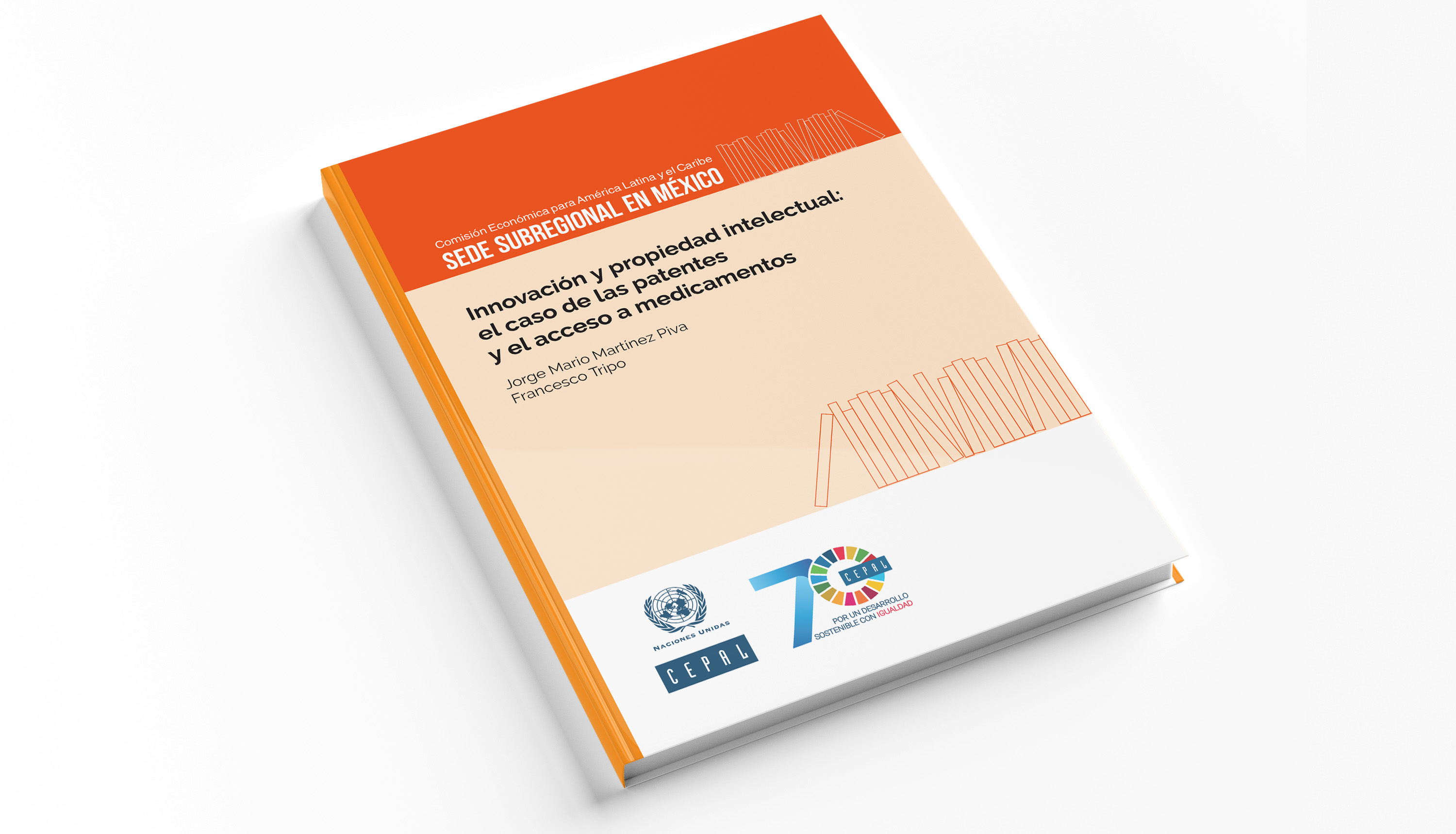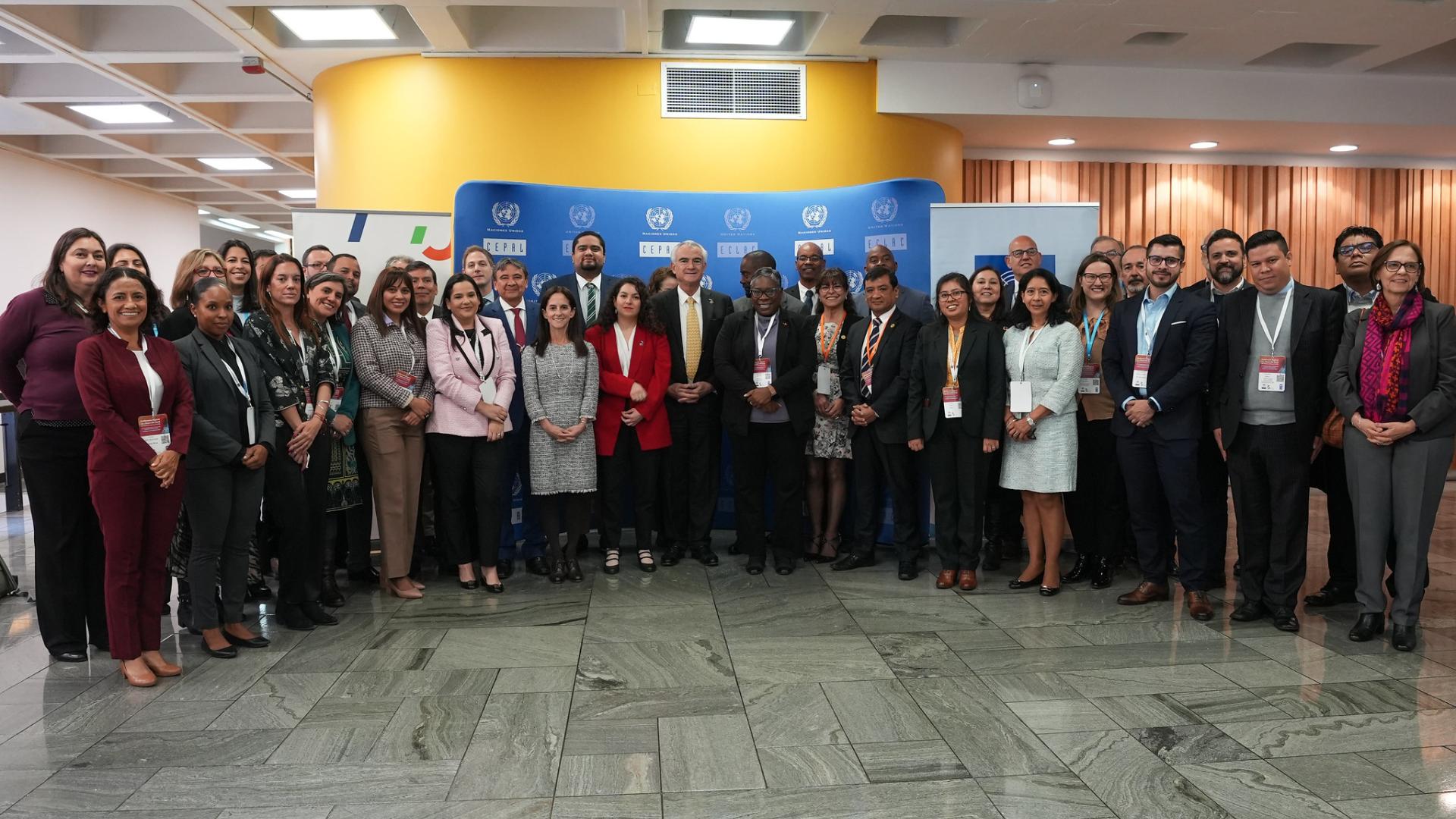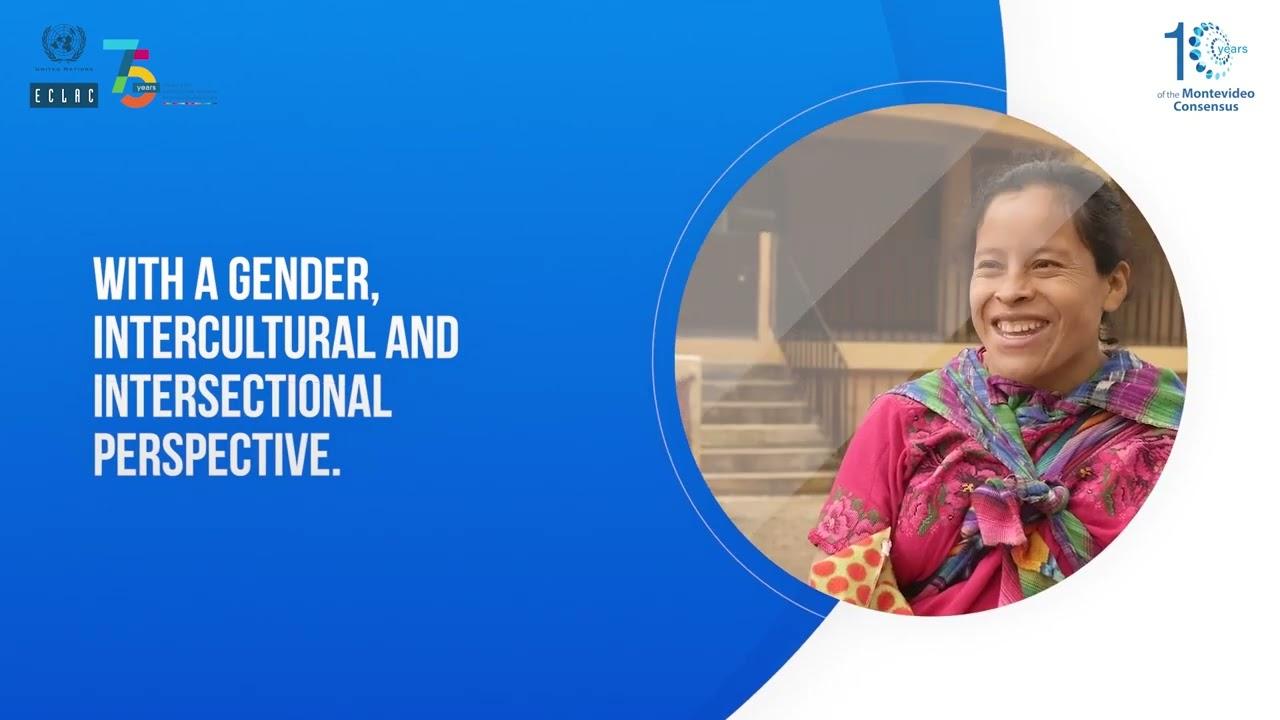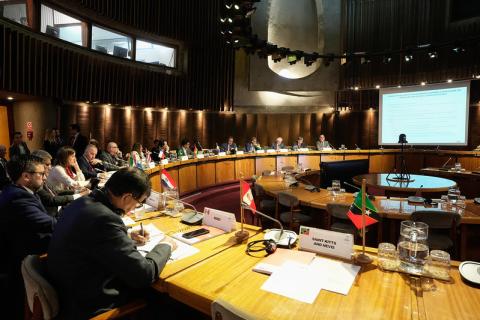Briefing note
ECLAC’s Subregional Headquarters in Mexico recently published the document “Innovation and Intellectual Property: The Case of Patents and Access to Medicines,” (in Spanish only) which analyzes the link between trade agreements – particularly the rules protecting intellectual property – and development, by studying access to medicines and the tools that States have at their disposal to fulfill their international human rights obligations.
According to the report, although the right to public health has been strengthened in recent decades and the international community recognizes its importance, international trade rules and the practices of some private companies that benefit from the system for protecting intellectual property hinder its development. Furthermore, intellectual property rules have increased the cost of access to some medicines and can jeopardize full enjoyment of the right to health.
Through two case studies it is shown that diverse practices, permitted under current trade regulations, have extended the duration of intellectual property protection and made medicines more expensive. The report concludes that challenges exist for harmonizing international law on these matters and taking advantage of the flexibilities provided for in the agreements.
The COVID-19 pandemic has demonstrated even further the importance of linking the right to health and the basic principles of development, ECLAC sustains. Although the right to public health has been strengthened in recent decades – as evidenced by the development of numerous international legal instruments as well as instruments to facilitate access to medicines and technologies – it is necessary to deepen and clarify it and move towards mechanisms that facilitate access to medicines as an indispensable aspect of the right to health, the Commission adds.
According to specialists from ECLAC’s Subregional Headquarters in Mexico, in the context of the COVID-19 pandemic, countries and international institutions have taken action with a view to guaranteeing the right to health and access to medicines, which underscores their importance and urgency, above all at times of crisis. Against this backdrop, on March 23, 2020, Costa Rica requested that the World Health Organization (WHO) create a voluntary pool of rights that are useful for the detection, prevention, control and treatment of COVID-19.
On March 31, 2020, the Medicines Patent Pool (MPP) temporarily expanded its mandate to include any health technology that could contribute to the global response to COVID-19 and where licensing could facilitate innovation and access. With the support of UNITAID (an international initiative associated with the WHO that promotes access to treatment for diseases such as AIDS, malaria and tuberculosis among populations in developing countries), this will allow the MPP to offer its intellectual property and licensing expertise to the WHO to assist in the global effort to confront COVID-19.
On March 27, 2020, UNITAID announced an initial investment of $30 million dollars in innovative treatment, diagnostics and respiratory triage tools as part of the global response to the COVID-19 pandemic. The MPP would negotiate licenses with patent holders, and would sublicense to generic manufacturers to encourage the sale of less costly generic versions of medicines. This would allow third parties to acquire non-exclusive licenses to the intellectual property needed to develop several kinds of products. Such negotiations in the past have enabled the competitive generic manufacturing of antiretroviral drugs and have facilitated the development of new formulations and combinations of existing patented medicines.
More recently, the government of Mexico presented a proposal to the United Nations (UN) regarding international cooperation to ensure global access, on equal footing, to medicines, vaccines and medical equipment to face COVID-19. Mexico’s initiative led to the General Assembly’s approval of Resolution 74/274 of April 20, 2020, in which all Member States are urged to prevent any speculation and undue stockpiling that may hinder access to the products needed to contain the pandemic. Furthermore, it encourages more funding of research on vaccines and medicines. The initiative reaffirms the role of the United Nations system in coordinating the global response to control and contain the spread of COVID-19, and it consolidates support for international cooperation and multilateralism in confronting the global pandemic.
These two actions, along with the analysis of international law and of the cases this study presents, show the relevance of harmonizing rules and criteria with a view to strengthening the right to health as a fundamental right, the document’s authors indicate. This is an opportune time to agree upon efforts oriented towards universal health coverage and sustainable financing for health, they add.



